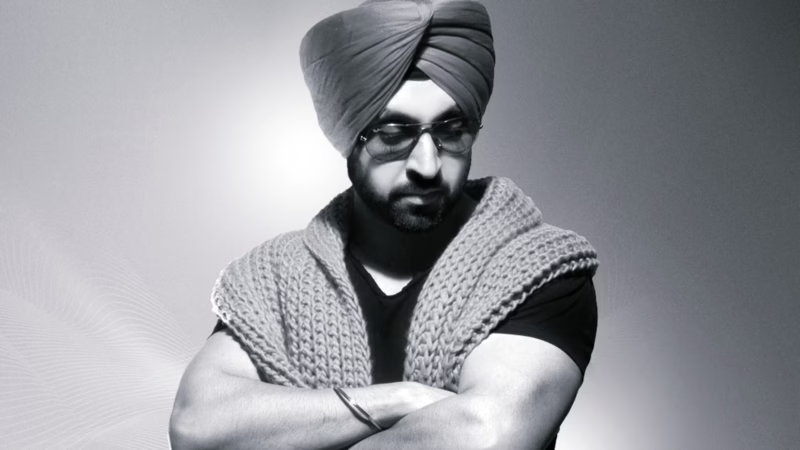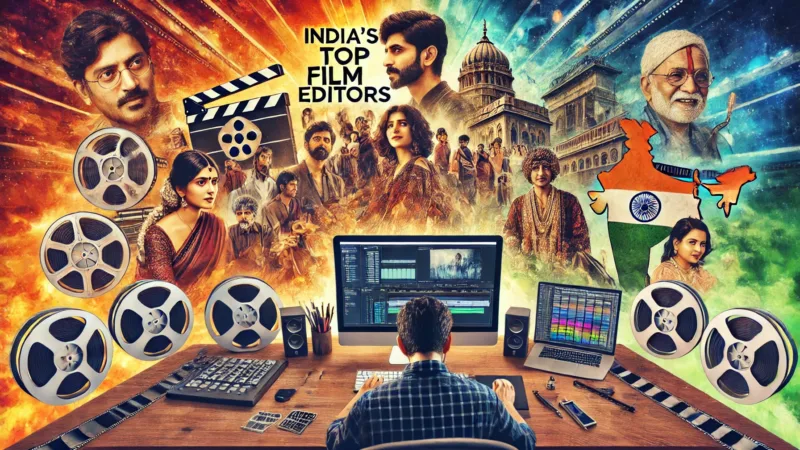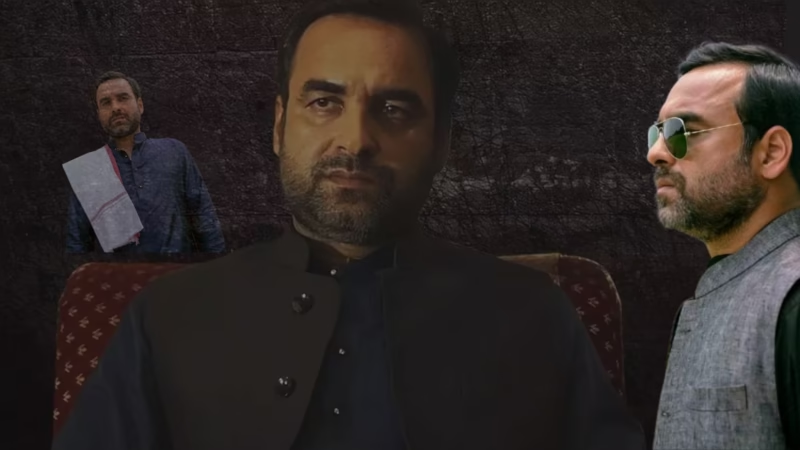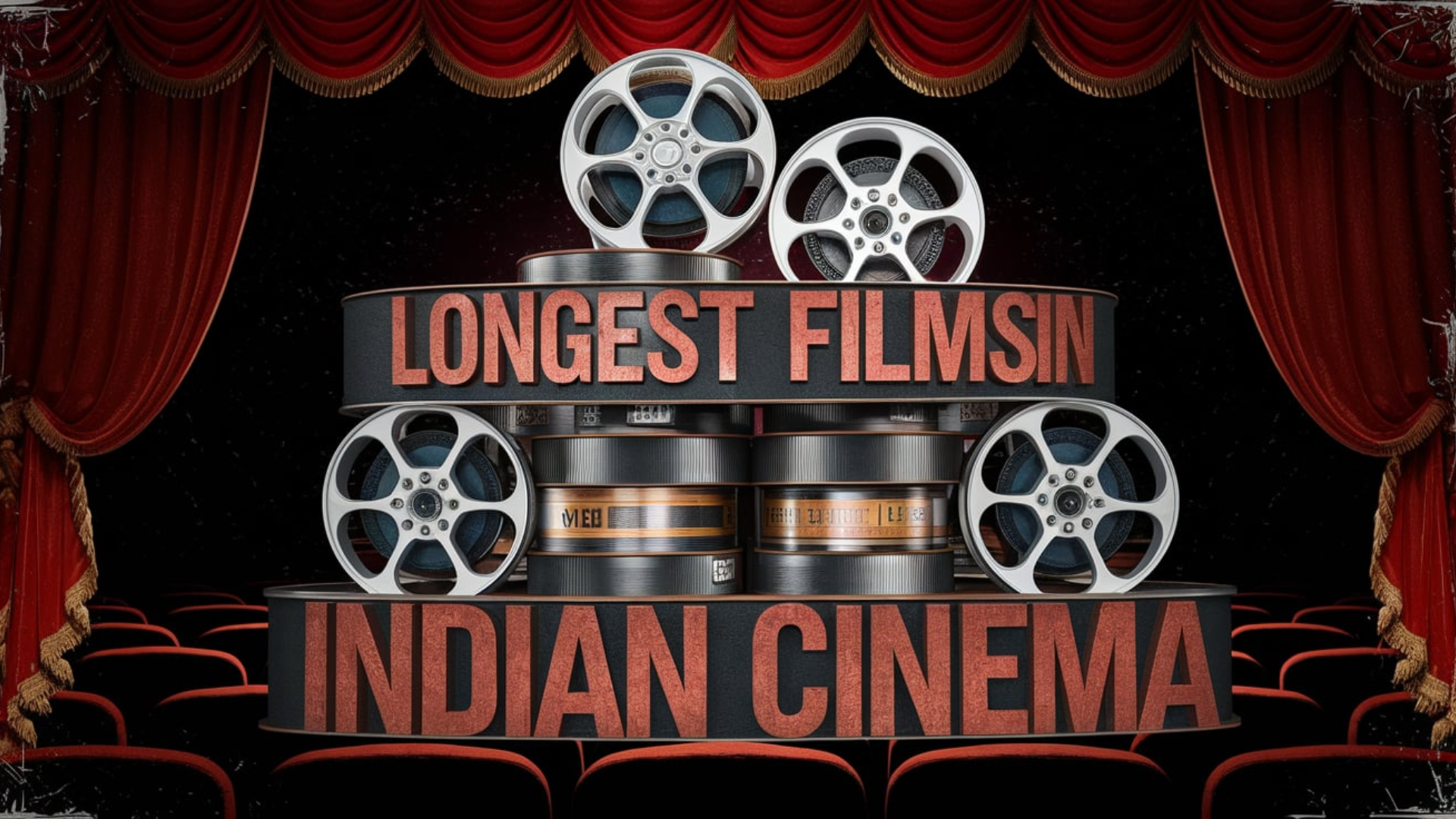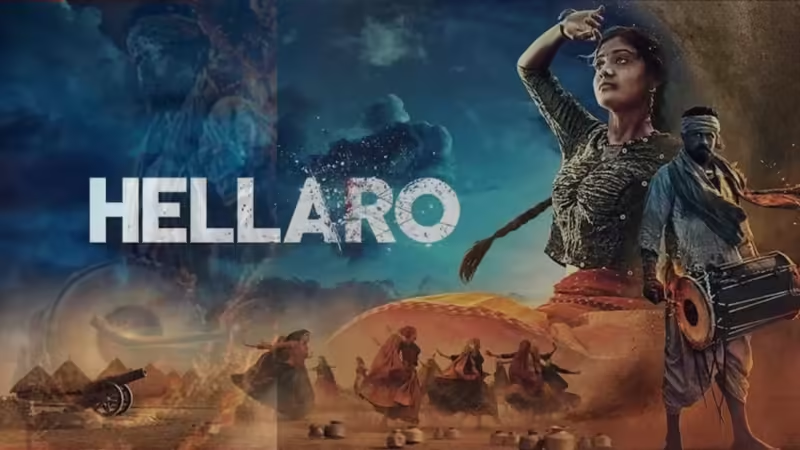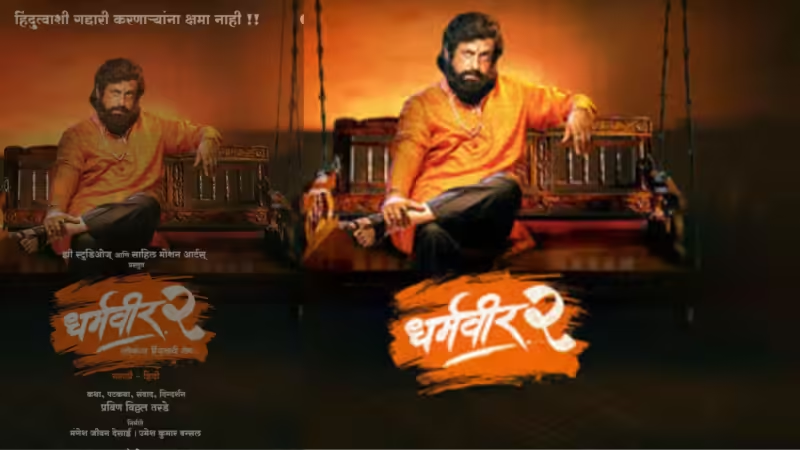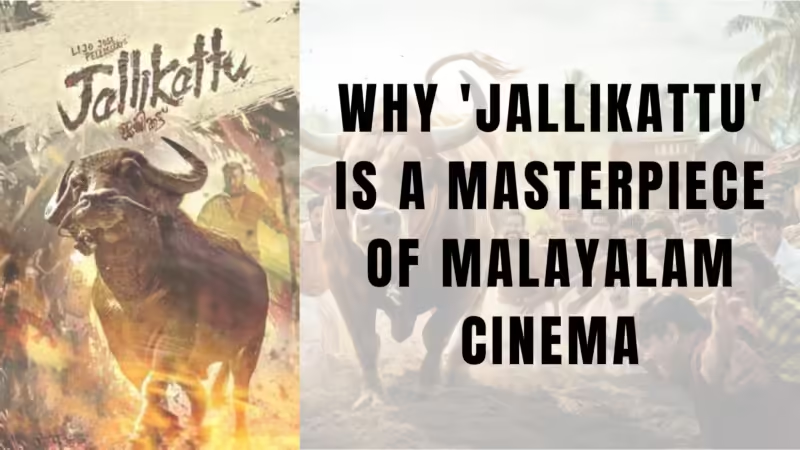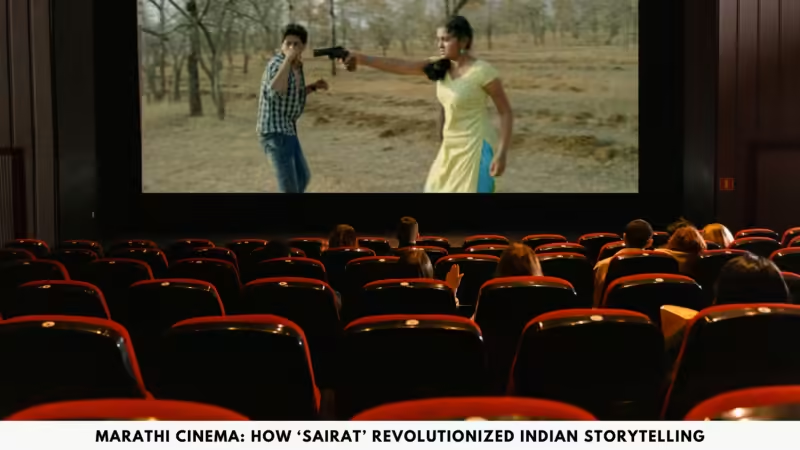Indian cinema has always been known for its grandeur, not just in storytelling but also in runtime. Among the many notable films, the Telugu movie “Thavamai Thavamirundhu” stands out for its impressive length. With a runtime of over 3 hours and 20 minutes, it holds the record as one of the longest films in Indian cinema. However, it’s not alone in pushing the boundaries of film duration. Let’s dive into the world of lengthy films in Indian cinema and explore why some movies extend beyond typical runtimes.
The Record-Breaker: “Thavamai Thavamirundhu”
“Thavamai Thavamirundhu” is a Tamil-language film directed by Cheran. Released in 2005, this epic film is celebrated not just for its emotional depth and storytelling but also for its considerable length. The film’s runtime exceeds 3 hours and 20 minutes, making it a marathon experience for viewers.
The movie explores the complex relationship between a father and his children. Its extended runtime allows for a detailed exploration of character development and plot. Cheran’s direction ensures that the lengthy duration enhances rather than detracts from the storytelling.
Why Length Matters: The Impact of Extended Run Times
Extended runtimes can have a profound impact on storytelling. Longer films provide more space for complex narratives, character development, and detailed world-building. Indian cinema has a rich tradition of epic storytelling, and longer films often reflect this depth.
In “Thavamai Thavamirundhu”, the length allows the narrative to unfold gradually. It delves into the emotional layers of the characters, offering viewers a comprehensive and immersive experience. This extended runtime enables the film to capture the nuances of familial bonds and personal struggles in a way that shorter films might not.
Other Notable Long Films in Indian Cinema
While “Thavamai Thavamirundhu” is a standout, it is not the only film in Indian cinema known for its extended length. Here are a few other notable examples:
- “Baahubali: The Beginning” (2015) – Directed by S. S. Rajamouli, this Telugu film has a runtime of approximately 2 hours and 39 minutes. While not as lengthy as “Thavamai Thavamirundhu”, its epic scale and elaborate storytelling contribute to its substantial length.
- “Baahubali: The Conclusion” (2017) – The sequel to “Baahubali: The Beginning”, this film extends the runtime even further to about 2 hours and 48 minutes. It continues the saga with grand visuals and an expansive storyline.
- “Sardar Udham” (2021) – This historical biopic directed by Shoojit Sircar runs for about 2 hours and 38 minutes. The film’s length allows for a thorough exploration of the life of Sardar Udham Singh and the historical events he was involved in.
- “Gadar: Ek Prem Katha” (2001) – Directed by Anil Sharma, this Bollywood film runs for around 2 hours and 55 minutes. Its extended runtime facilitates a detailed narrative about love and patriotism.
The Pros and Cons of Lengthy Films
Lengthy films can offer several advantages:
- In-Depth Storytelling: Longer runtimes allow for more detailed and immersive storytelling.
- Character Development: Extended screen time provides space for characters to evolve and grow.
- Epic Scale: Lengthy films often tackle grand narratives and complex themes.
However, extended runtimes also have drawbacks:
- Viewer Fatigue: Long films can be exhausting, leading to reduced viewer engagement.
- Pacing Issues: A longer duration may result in pacing problems, potentially affecting the film’s overall flow.
- Extended Attention Span Required: Viewers need to commit more time, which can be a barrier for some audiences.
The Evolution of Film Length in Indian Cinema
Indian cinema has evolved significantly over the decades. Early Indian films were often shorter due to technical and economic constraints. However, as the industry grew and technology advanced, filmmakers began exploring longer runtimes to enhance storytelling.
Today, filmmakers balance the length of their films with audience preferences and narrative needs. While some films continue to push the boundaries of runtime, others opt for more concise storytelling. The choice often depends on the story’s demands and the director’s vision.
Conclusion
“Thavamai Thavamirundhu” is a prime example of how extended runtimes can enrich storytelling in Indian cinema. Its impressive length allows for a deep and comprehensive exploration of its characters and themes. Indian cinema’s willingness to push the boundaries of film duration reflects its commitment to grand, immersive storytelling.
As audiences, we benefit from this variety. Whether it’s a lengthy epic or a concise narrative, the diversity in film lengths offers something for everyone. The evolution of film duration in Indian cinema showcases the industry’s creativity and adaptability, ensuring that storytelling continues to captivate and inspire.
Stay Tuned with FilmsNminds for more Filmy updates and Facts
#longestIndianfilms #ThavamaiThavamirundhu #runtimeIndiancinema #longestmovies #lengthyTelugufilms #epicIndianfilms #longestfilmsinIndiancinema

